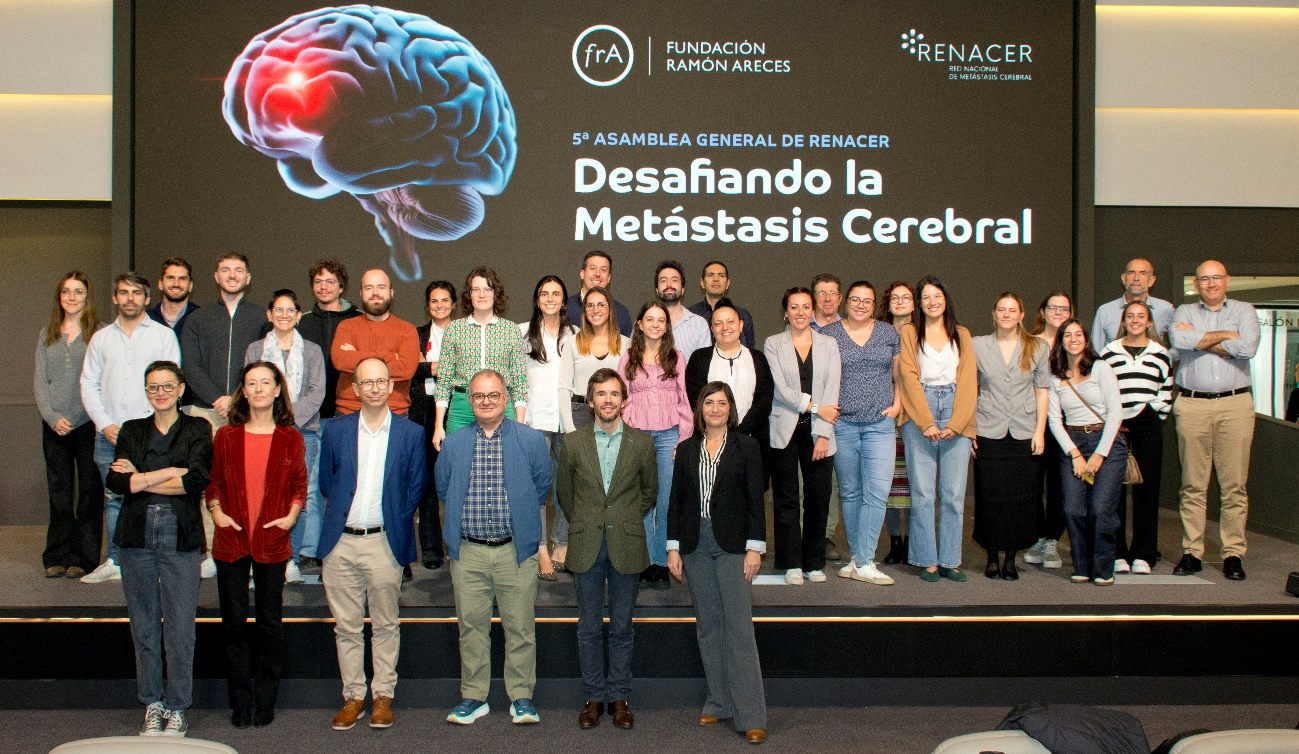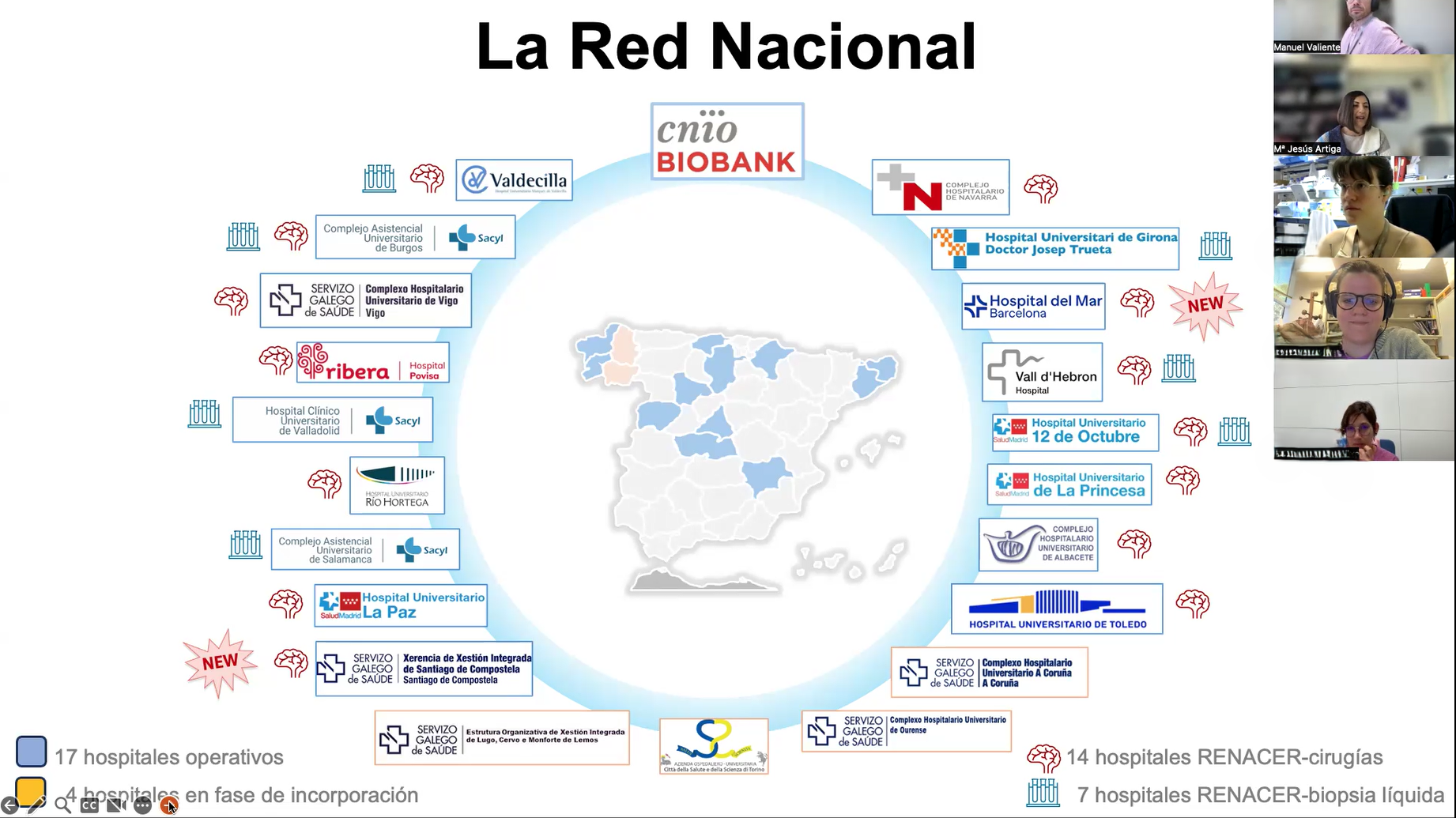The Scientific Foundation of the Spanish Association Against Cancer has highlighted some of the 366 advances in research achieved with the support of the Spanish Association Against Cancer and the Scientific Foundation. Among the highlights was the project developed by Dr. Manuel Valiente and Dr. Neibla Priego, from the Spanish National Cancer Research Center (CNIO), which has confirmed the efficacy of a new strategy to treat brain metastases in animal models and patients, currently being validated in a clinical trial.
Occasionally, cancer is able to spread to other parts of the body other than the site where it originated (primary tumor), which is known as metastasis. Metastases in the brain are among the most frequent and aggressive and, in general, have a poor prognosis, which is why it is urgent to find effective therapies for these patients. One of the most promising treatments is immunotherapy with checkpoint inhibitors, however, it shows limited efficacy in advanced cases. A research supported by the Spanish Association Against Cancer, led by Dr. Manuel Valiente and Dr. Neibla Priego, both researchers at the Spanish National Cancer Research Center (CNIO), proposes a new strategy to treat these patients with immunotherapy.
The study has confirmed that the efficacy of immunotherapy can be improved by combining it with a drug called silibinin (already approved for compassionate use). These results are being validated in an ongoing clinical trial. The work also provides a marker to identify patients in which immunotherapy alone will not work and, therefore, it would be appropriate to apply this new combined strategy.
The studies in animal models and human samples developed in this study have shown that in these scenarios, it is relevant to study what was happening in the tumor microenvironment of brain metastases, where they saw that there was a type of cells called astrocytes that prevented the action of immunotherapy, by producing the TIMP1 protein. Silibinin blocks this production, enhancing the effectiveness of immunotherapy. In addition, it was observed that TIMP1 can be used as a biomarker to predict response to treatment by analysis of cerebrospinal fluid. This approach, which is being validated in an ongoing clinical trial, could personalize therapies and offer a promising option for patients with advanced brain metastases.






